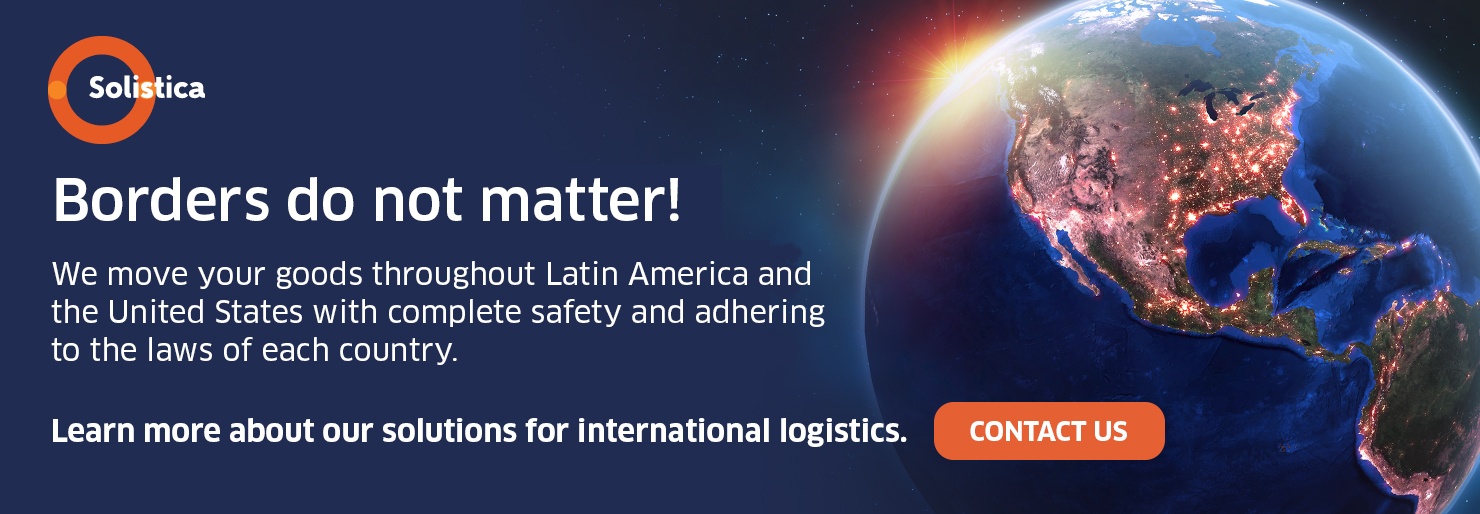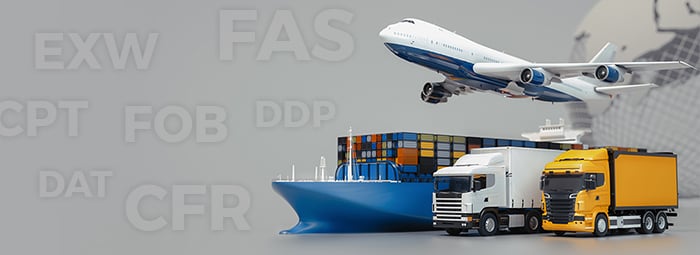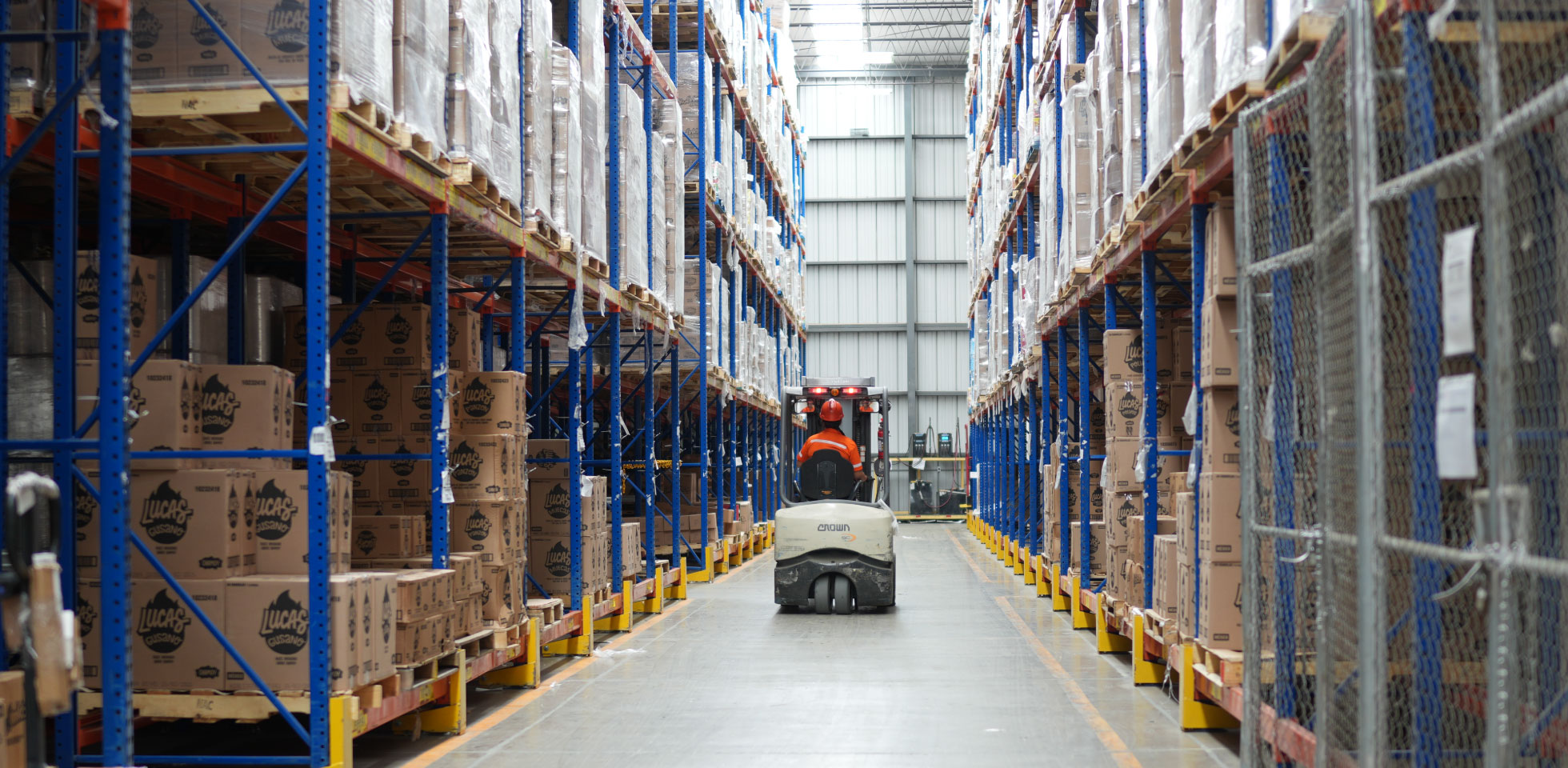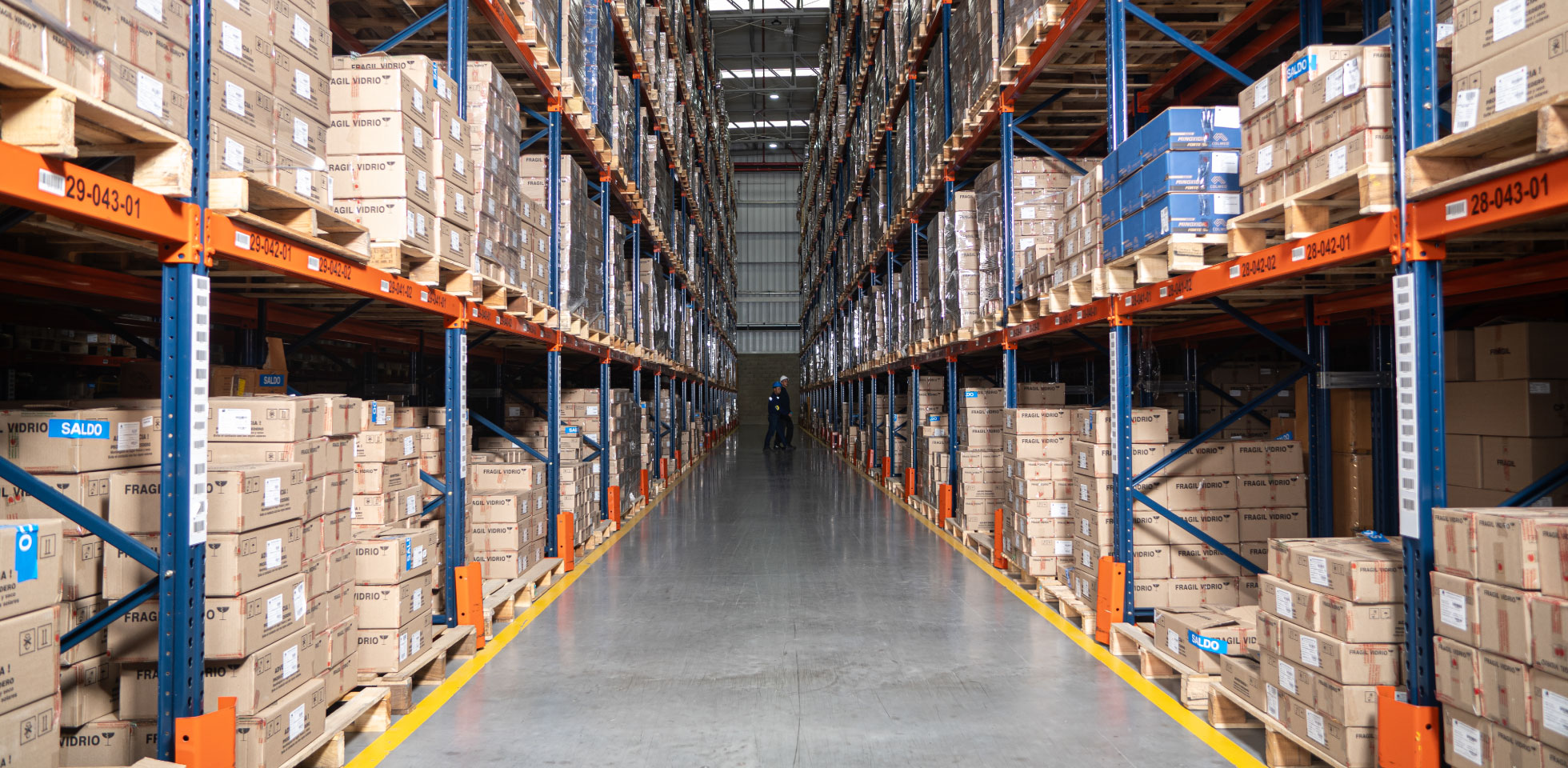Generally speaking, when we buy or sell internationally, different interpretations may arise according to the rules of each country. This lack of a common conceptual framework may lead to bad negotiations and misunderstandings in the commercial and logistics operations. Using incoterms lessen these risks.
International Commercial Terms (Incoterms) are international rules that describe the terms of goods delivery for global transactions (although some countries are already implementing them locally); they make trade easier and help partners from different countries understand each other. Incoterms are not mandatory, and companies can agree their own terms and specifications.
The International Chamber of Commerce in Paris created these rules in 1936 and updates them every 10 years. The last revision came into effect in 2011 and is the one currently applied; it will soon be replaced by the 2020 update.
These terms are included in the customs valuation base for imported goods, are globally recognized by tribunals and other authorities, and regulate and correctly define the responsibilities and costs for both sides. The seller and the buyer agree to sign a sales contract among them and need to carefully consider everything regarding duties, deliveries, and sometimes insurance.
Incoterms per groups
Currently, there are 11 incoterms divided in groups according to the way the goods are delivered, and the means of transportation involved.
Group E: direct delivery at exit
- Ex-Works (EXW): The seller makes the merchandise available to the buyer at its own facilities (manufacturing plant or warehouse) and the latter assumes all the risks and costs of transportation, obligations, and insurance. The price at manufacturing plant does not include loading the merchandise to any means of transportation and no concessions are made for customs unloading.
Group F: direct delivery without paying for the main transportation
- Free Alongside Ship (FAS): The seller delivers the goods at the convened port, unloads it, and places it next to the ship at the set exports port. The buyer is responsible for loading the goods into the ship and paying the costs related to the shipment.
- Free on Board (FOB): The seller must load the merchandise on the ship defined by the buyer, once more assuming the management of customs procedures. The buyer is responsible for the costs and risks from this point on.
- Free Carrier (FCA): The seller must deliver the goods in the place defined by the buyer in the country of origin and must manage the customs procedures at origin. This place may be a warehouse, a port, a train station, or the facilities of a logistics company. From this point on, all risks and expenses are the responsibility of the seller. This is the most commonly used incoterm (40%).
Group C: paying the main transportation
- Cost and Freight (CFR): The seller assumes all the expenses related with carrying the goods to destination; however, the risk goes to the buyer once the merchandise is loaded to the ship.
- Cost, Insurance and Freight (CIF): Like CRF, but in this case the seller must pay for the insurance to destination. This Incoterm can be used only when international transportation is carried at least partially by sea.
- Carriage Paid To (CPT): The seller must pay all the transportation expenses to a place agreed with the buyer; however, the risk is the responsibility of the buyer when the goods arrive at the first carrier in the destination country.
- Carriage and Insurance Paid (CIP): Like CPT, but the seller also assumes the obligation to insure the goods to destination. Even if the insurance is taken by the seller, the beneficiary is the buyer.
Group D: direct delivery at arrival
- Delivered at Terminal (DAT): The seller is responsible for all the costs, risks, and procedures until the goods are unloaded at the terminal (port, airport, carrier hub, etc.) agreed upon with the buyer. After unloading, the expenses and risks are assumed by the buyer.
- Delivered at Place (DAP): The risk goes from the seller to the buyer when the goods are unloaded in a place previously defined in the delivery agreement, which does not necessarily need to be a terminal.
- Delivered Duty Paid (DDP): The seller assumes all the expenses and procedures until the goods are delivered at the agreed place, including carrier fees, insurance, customs, etc. The only thing the seller is not obligated to do is to unload at destination.
Even if the incoterm specifies who should assume the risks of damages to the merchandise, taking on insurance is not mandatory. The only scenarios when it is mandatory is in CIF, CIP, and DDP agreements.
EXW, FCA, CPT, CIP, DAT, DAP y DDP are the incoterms used for any means of transportation, while FAS, FOB, CRF, and CIF are used only for sea transportation.
%20trad%20rev%20final%201316%20palabras.jpg?width=2500&name=Sol_Blog%20no.%201%20FEB%20Todo%20sobre%20Incoterms%20en%20logi%C3%BCstica%20V2%20(3)%20trad%20rev%20final%201316%20palabras.jpg)
Incoterms 2020
We expect the 2020 incoterms — currently being updated by a drafting group including, for the first time, representatives of China and Australia — will be made public during 4Q2019, in time for the centennial celebrations of the International Chamber of Commerce, and to come into effect on January 1st, 2020.
These are some of the updates:
- Removal of EXW and DDP incoterms: Because they are domestic operations: EXW are seller’s operations, and DDP are buyer’s operations. In addition, these incoterms somewhat contradict the European Union’s new Customs Code, which says the responsibility of exporters and importers arises when the exports and imports have been carried out, respectively.
- Removal of FAS incoterm: Because it is used mainly for some types of commodities such as minerals and cereals; therefore, they are exploring the possibility of creating a specific incoterm for the e-commerce of these goods.
- Splitting FCA incoterm in two: They are exploring the option of creating one for deliveries by land and another one for deliveries by sea.
- FOB and CIF incoterms for sea transportation in containers: Because almost 80% of world trade is carried out in containers, they are assessing the possibility of using this means of transportation in these incoterms, just as in the 2000 update and earlier versions.
- New incoterm called Cost and Insurance (CNI): Unlike FCA, it will include the cost of international insurance by the seller and will not include freight costs.
- Splitting DDP incoterm in two: Delivered at Terminal Paid (DTP), when goods are delivered in a terminal in the buyer’s country and the seller assumes the payment of customs duties; and Delivered at Place Paid (DPP), when goods are delivered in a place different from a terminal and the seller assumes the payment of customs duties.
Besides these modifications, the update for 2020 will include issues such as transport safety, regulations regarding the types of transportation insurance, and the relationship between incoterms and the International Sales Contract.
The goal of these incoterms is to make trade agreements and international transportation simpler by using common rules. Choosing the right incoterm should consider the capacities of the company, its service level, the market’s attitudes, and the competition.
Using these terms demands deep knowledge of each one and using the different modalities with precision.
The incoterm’s 2020 version that will come into effect on January 1st, will make international commerce easier, according to the changes that came to be during the last decade.
Currently, specialized logistics companies offering international commerce services, such as Solistica, can advise you about which incoterm is right for you.
 *This blog was originally published on June 10 2019 and modified on April 5 2022.
*This blog was originally published on June 10 2019 and modified on April 5 2022.






